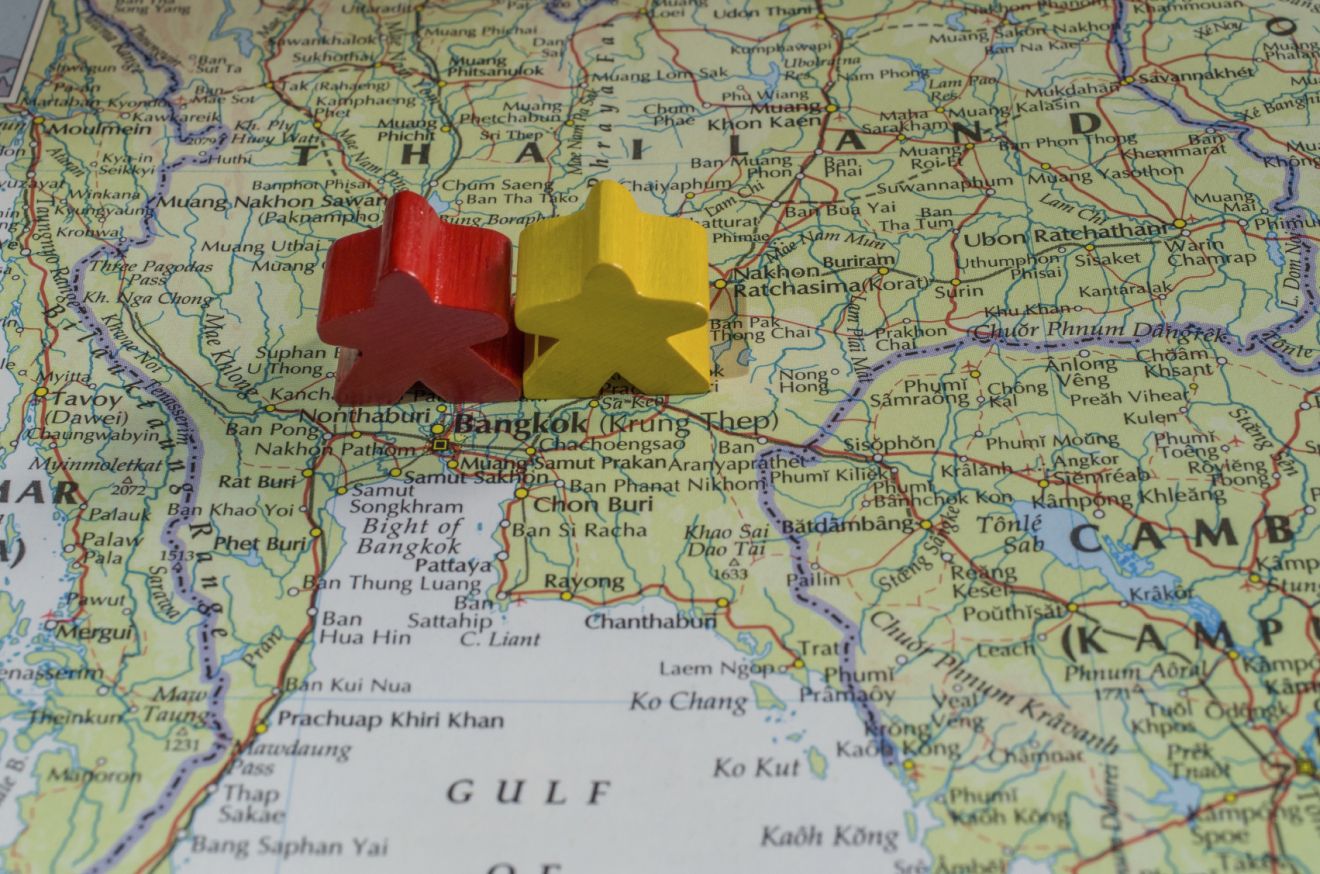
Thai farmers’ productivity – or the lack thereof – has left the country and its political future in limbo
When Yingluck Shinawatra was ousted as Thailand’s Prime Minister in 2014, it cast renewed focus on social tensions between the poor rural north and the Bangkok-based urban elite. While the final straw for her removal was all about big brother Thaksin – the opposition Democrats walked out of Parliament over an amnesty bill that would have absolved the older Shinawatra of any wrongdoing during his time as Prime Minister from 2001 to 2006 – it was corruption charges over multibillion dollar subsidies to rice farmers that prompted the military to step in for the twelfth time in eight decades.
Yingluck’s government had promised to buy rice from farmers at 15,000 baht (about US$450) – about 4,000 baht above market prices. The tactic taps into Thaksin’s strategy of indirect vote-buying, which exposes the close relationship between the state and farmers.
“These people need the state to help support the economy,” says Andrew Walker, Professor of Southeast Asian Studies at the Coral Bell School of Asia Pacific Affairs at the Australian National University. “In Thailand, these subsidies have maintained rather than transformed the peasantry. To me, this is the nub of Thailand’s current political impasse.
“You have this very close relationship that’s developed between the state and the peasantry but it’s maintained it, not transformed it. If it had transformed it, you wouldn’t have 42 percent of your workforce in agriculture; transforming your agricultural sector means dramatically reducing the number of people working in it.”
Middle-class peasantry
According to Walker’s research, that 42 percent produce just 11 percent of the country’s GDP. Compared to its southern neighbours, Malaysia (12 percent of workforce, nine percent of GDP), Thai farmers are severely off the pace. But compare them against South Korea (6.6 percent of workforce, 2.6 percent of GDP), whose industrial productivity and wealth make managing the rural population less troublesome, Thailand looks like a basket case.
However, Thai farmers are not poor in the definition of anthropologist James Scott that “the position of the rural population is that of a man standing permanently up to the neck in water, so that even a ripple is sufficient to drown him”. Walker's research shows that even the average income of the poorest rural folks – the agricultural worker – was more than two times the poverty line.
The result is what Walker labels as a “middle-class peasantry” whose “primary livelihood challenge has moved away from food security to the middle income challenges of diversification [of crops], productivity, and disparity.”
He writes: “The core political dynamic for this middle-income peasantry is not minimising surplus extraction but maximizing state subsidy. It is no longer the intrusive presence of the state that is likely to prompt resistance but, on the contrary, the state’s disinterest, absence or forced withdrawal.”
Enclose to break out?
Speaking at the recent SMU Social Sciences and Humanities seminar, “The rural origins of Thailand’s political impasse: Some comparative reflections”, Walker observed that much of the tension is the result of the income disparity between the rural north and industrialised, developed Thailand. While not advocating for a reproduction of the Enclosure Movement, SMU Associate Professor of Political Science John Donaldson asked if lessons could be applied to address the issue of overall productivity.
“I’ve looked at South Korea and I think they have gone through some of that pain [of moving people away from agriculture and into industry],” says Walker. “It’s not as intense as The Enclosure but it has almost been a single-generation shift of people off farms into the cities. South Korea went through the pain but they got the benefit in terms of lower inequality and a stable democracy.
“I’m not advocating one path or the other, but the costs of not going through that pain is what Thailand is now paying. I don’t think it’s sustainable to continue politically or economically with 42 percent of the population producing 11 percent of GDP.”
He adds, “The transition you saw in Korea came under an authoritarian regime. Can you get that transition in a democratic environment given the current co-dependent relationship between maintaining that large [agricultural] population and electoral support? It’s a devilish dilemma.”
Follow us on Twitter (@sgsmuperspectiv) or like us on Facebook (https://www.facebook.com/PerspectivesAtSMU)